Innovating at Scale
Inside Higher Ed
AUGUST 18, 2022
Go to most campuses and a conventional, unimaginative, standardized approach to education is the norm: A college education consists of 60 or 120 credit hours, a 15 week-long semester, distribution requirements, a department-based major, and 3 or 5 credit hour lecture, seminar, and laboratory courses. Sure, there are exceptions.

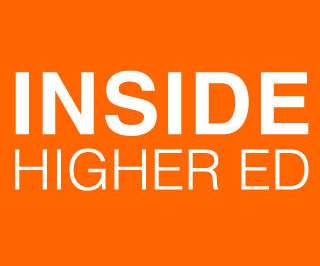
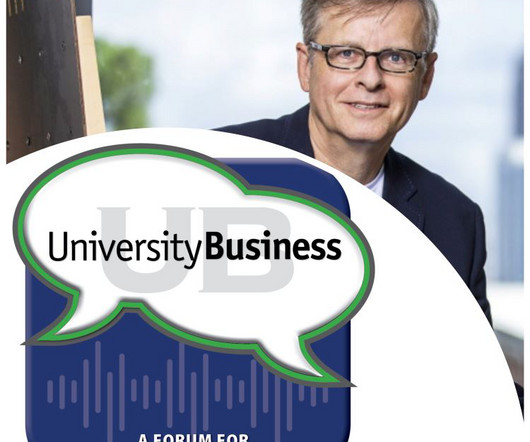
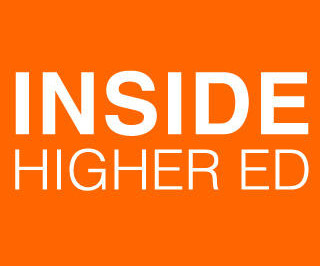
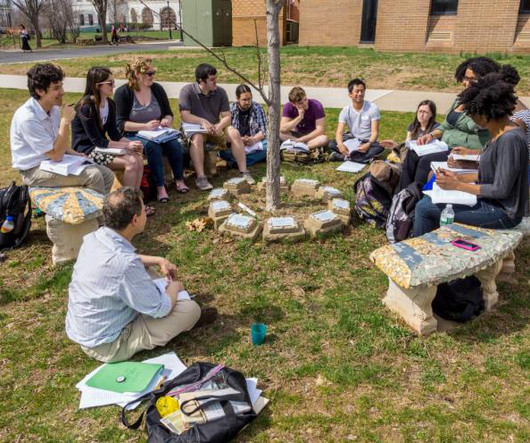
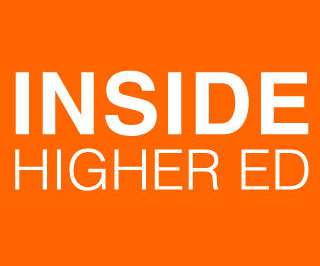
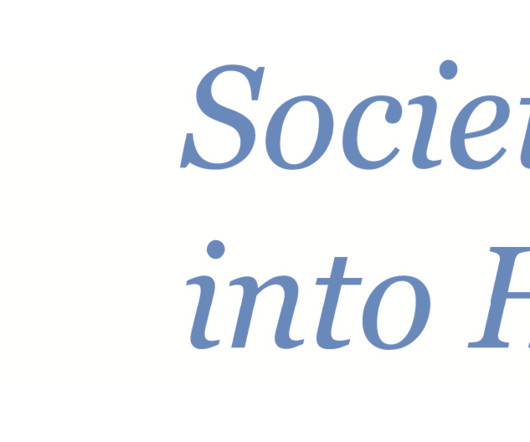
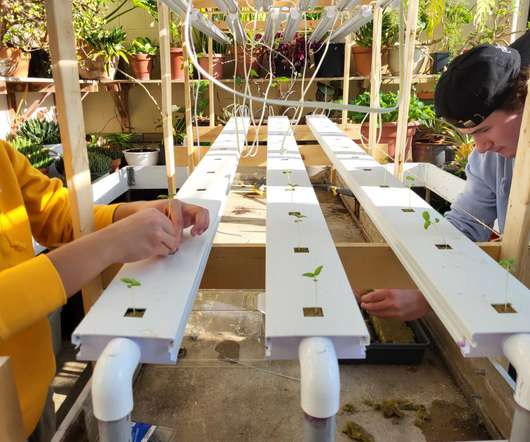
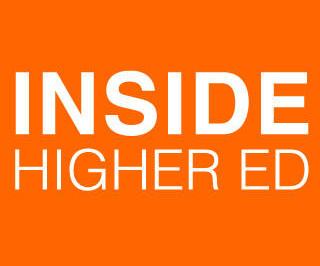






Let's personalize your content